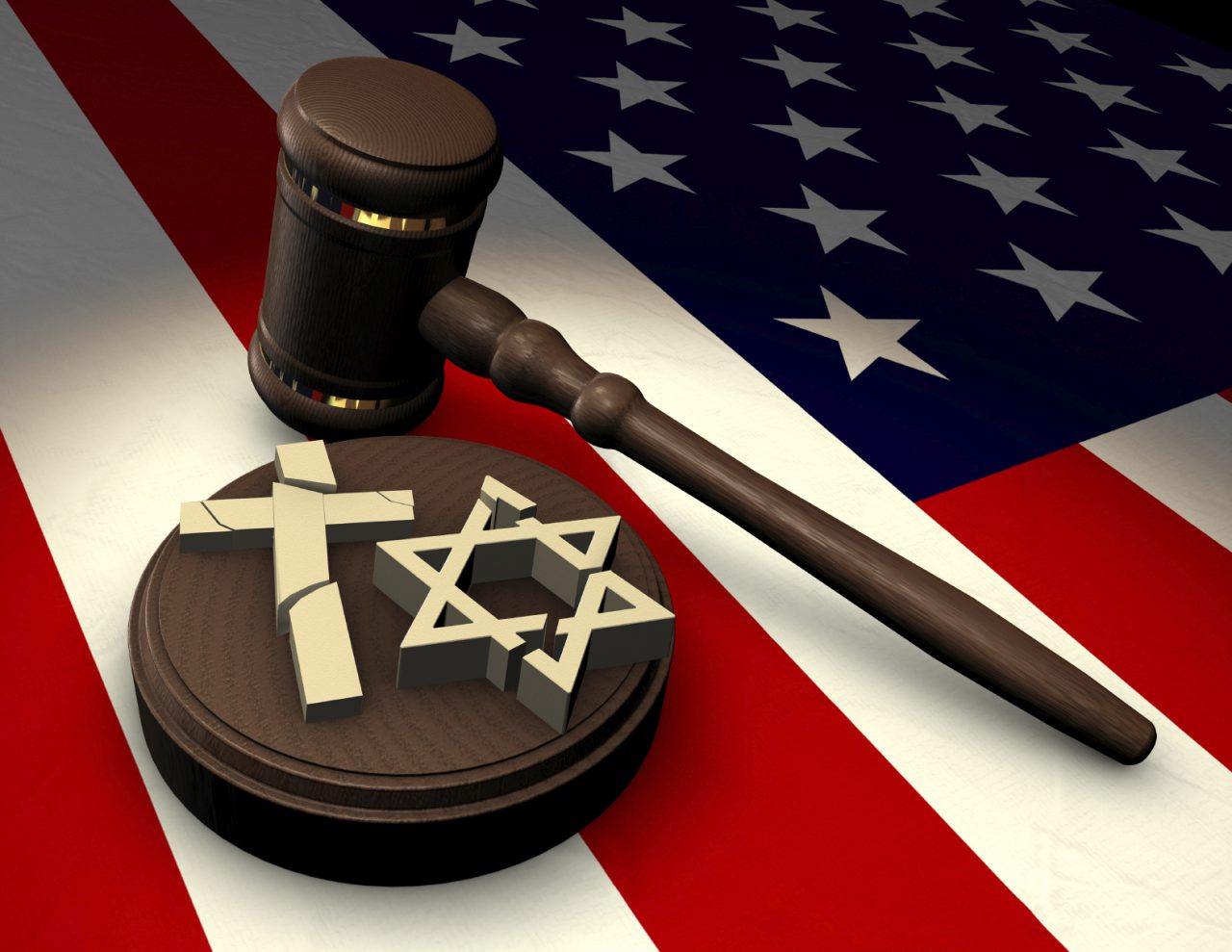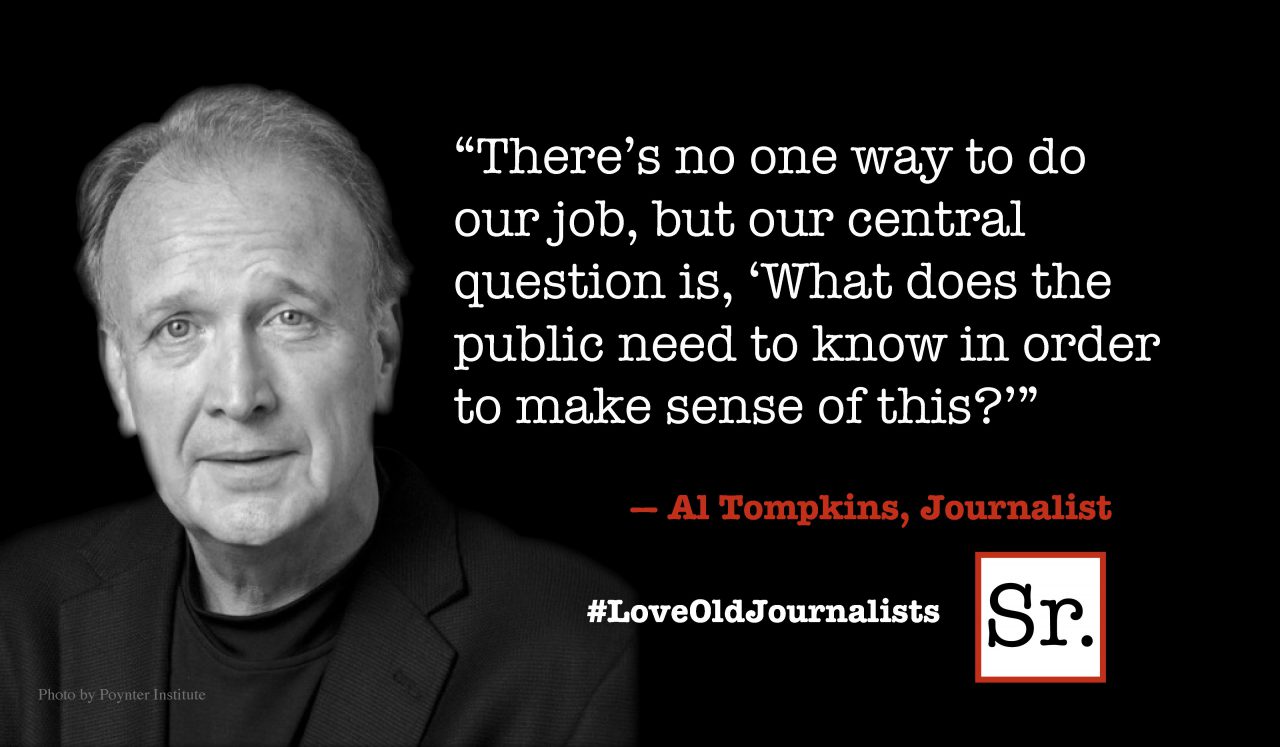Last week we took a preliminary look at the Pope’s recent encyclical and how a variety of conservative voices responded to it. Of particular note was Rick Santorum’s take. This very devout Catholic complained that when the Pope ventured into economics and climate change he was beyond his legitimate orbit and should have focused instead on morality. By that this presidential candidate meant sexual issues such as gay marriage, abortion and birth control.
My purpose this week is not to further detail what is in the Pope’s letter. That is being thoroughly done by many others. My concern is to focus on how the Pope’s analysis of a variety of issues related to climate change falls within the appropriate relationship between religion and public policy. Can someone in the name of religion legitimately examine the range of issues the encyclical broaches, or does such an intrusion violate the so-called wall of separation between church and state?
Without going into it here, the Supreme Court has consistently ruled that what has been called the wall of separation does not prohibit vigorous involvement by religious leaders in matters of the common interest and societal well being. Clearly the government has no constitutional right to support religion by passing laws or making executive decisions that benefit religious institutions. But even that rule is not absolute: chaplains in Congress and the military etc. And no religious body has a right to be sustained by laws favoring or affirming its dogma or its organization. While this prohibition flows from the establishment clause in the First Amendment, the free exercise clause stands along side. So while there is no organic link which would establish a single religion or religion in general, there is no constitutional wall between religion and public policy.
If religion has any value beside its limited parochial or doctrinal formulation, it is vitally important for it to exercise whatever persuasive power it possesses in order to advocate on behalf of any issue concerned with human, welfare, the just interaction among peoples or the sustainability of the planet. Historically religion at its best provides much of the rational cement that prohibits society from reverting to a jungle mentality or simply flying apart, dominated by a mindset focused entirely on a “what’s in if for me and mine.”
In this pastoral letter Francis, while he is speaking basically about the ecological disaster facing the earth through climate change, also deals with among other things: world hunger, the commercialization of water, the loss of thousands of species and the accompanying decline of biodiversity, the destruction by wars fought for less than just causes, the failure of simple human rights, economic manipulation for the benefit of the few, the current fascination of society with technology while expressing too little passion for human values, the immoral inequality of wealth, the rights of labor, and the economic domination by the market driven capitalist system which forms the distressing basis behind all of these complex concerns. These matters are all interwoven. (par. 92) “Peace, justice and the preservation of creation cannot be separated and treated individually … everything is related.”
His appeal is for increased conversation about these and other vital contemporary concerns. It is clear the Pope believes that all of the above are ethical matters inherent in all religions and thus valid subjects for discussion by religious leaders. When Rick Santorum says that the Pope should stick to moral issues, that is exactly what his holiness has done! The 100-page encyclical is about nothing but the morality which holds society together. It is not about sectarian advantage or government support of religious institutions, nor does it invade the space between religious institutions and government.
The Pope’s statement is simply another link in the long chain whereby religious leaders have expressed concerns about human welfare. Martin Luther King Jr. spearheaded the fight for civil rights as a Christian pastor, to name one example.
If there is any problem it may lie in a less than willing religious establishment to become more deeply involved in these moral issues, or worse yet, to come down on the wrong side. It must be remembered that much of the American church defended slavery, fought against civil rights and has supported the citadels of injustice and inequality which plague the common good. Authentic religion has not only a right but also a responsibility to be involved in matters of public policy up to its neck!









